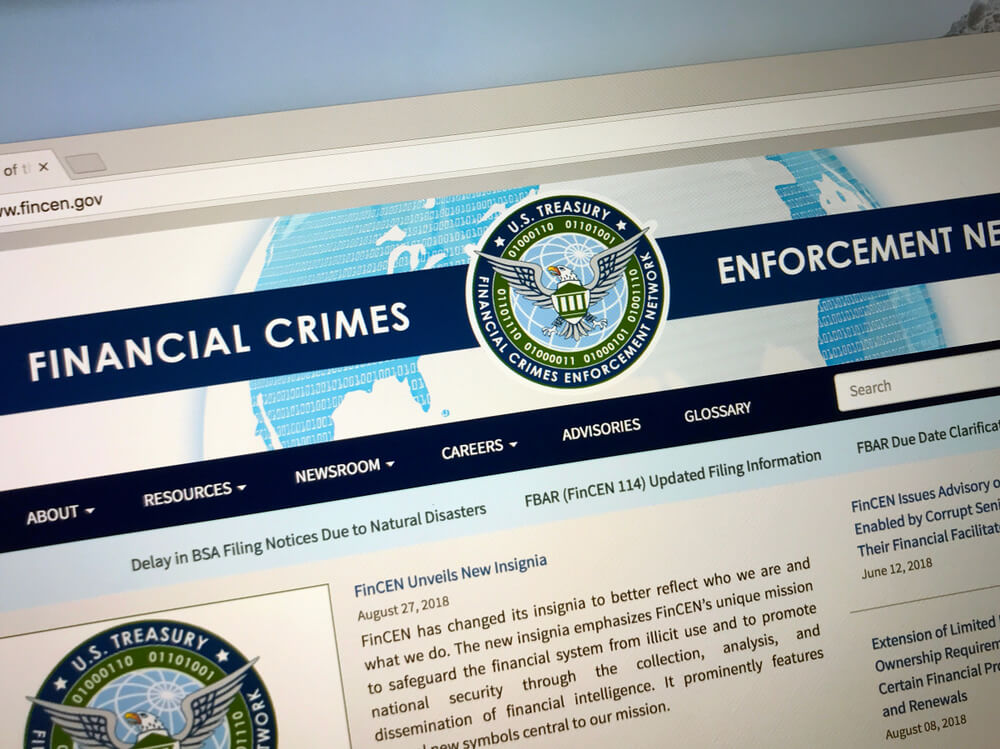When countries issue their own currency, no real problems arise. If that currency is designed to bypass sanctions and trading embargoes, the situation is very different. Iran is trying to “exploit’ the concept of digital currencies for this purpose. That is not to the liking of FinCEN, which is only to be expected.
FinCEN Targets Iran’s Cryptocurrency
Embargoes imposed upon specific regions can cause financial instability. It prevents countries from conducting specific trades with other countries. In the case of Iran, its sanctions have been recently renewed, further adding friction between this region and the US. Bypassing such a sanction is nearly impossible, albeit a loophole does exist.
That loophole comes in the form of Iran’s national cryptocurrency. The project was announced a while ago, and seems to bypass the existing embargoes put upon this country. Dealing with this national currency has FinCEN concerned for many different reasons. They advise banks, as well as other US money service businesses, to not transact with this country or its new digital currency.
Moreover, FinCEN blasts the Iranian regime. Their use of shell companies to exploit financial systems has not gone by unnoticed. According to the report, funds have been transferred in “support of malign conduct, including terrorism, human rights abuse, and so forth”. As such, this new warning aims to make more people wary of the country’s current financial plans.

A Similar Sentiment for the Petro
This new warning by FinCEN is not entirely surprising. The agency is closely monitoring any and all financial threats to the US economy. State-issued cryptocurrencies can pose legitimate risks in this regard. Addressing such potential problems in a proactive manner is more than warranted.
It is not the first time a national cryptocurrency draws a lot of backlash. Venezuela continues to pave the way for mass Petro adoption. This particular digital currency has been scrutinized numerous times over. It is also on the FinCEN radar. The Petro has already been banned by the Trump government. Even so, Venezuelan President Maduro is confident this currency will revitalize his struggling country.
The big question is whether or not these warnings have the desired effect. Although FinCEN should never be trifled with, their reach and power are not absolute either. Protecting the US economy is vital, yet other countries might be inclined to deal with this new digital currency regardless. That can cause a different kind of geopolitical friction moving forward.
Do you think FinCEN is right? Is Iran using its national cryptocurrency solely to bypass sanctions? Let us know in the comments below.
Images courtesy of ShutterStock



